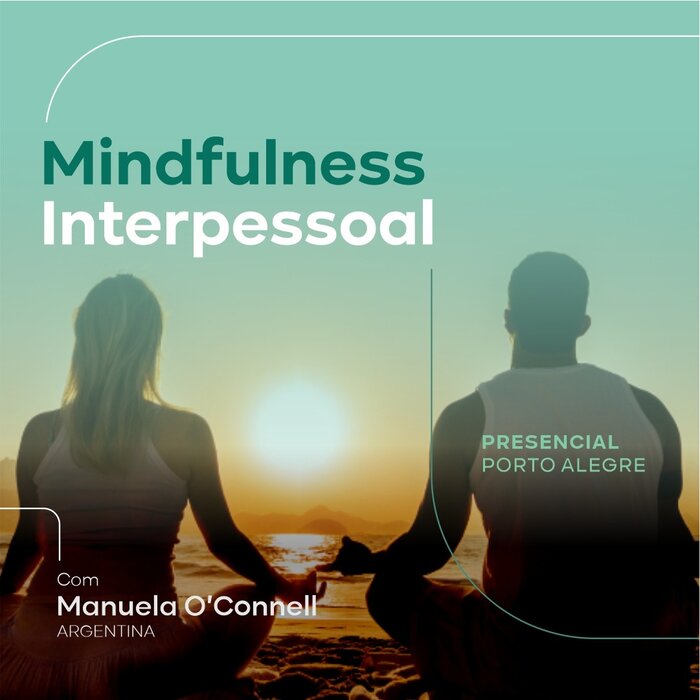Interpersonal mindfulness
From interpersonal contact, with full awareness, we can develop qualities to live a life with meaning in relationships. In integrating the practice and fruits of meditation in our interpersonal life, including therapeutic space and the therapeutic relationship, a deep and significant connection that allows you to favor personal and social freedom, increasing the sense of shared humanity and expanding the perspective of consciousness, increasing humanity. . We can also learn how to link ourselves more skillfully with others and our customers. In this way, relational life, and in particular the therapeutic relationship, can become a path of awakening, true understanding and freedom.
Human beings are relational, we exist in a network of relationships with other sentient beings and with the world. This is why the therapeutic relationship is an essential component in psychological treatments, as it connects us with what is deeply human being.
Much of our suffering arises in the relational context, that is, due to our relationship with ourselves, others and the world. It is in the relationship and in the community that language emerges from which we mean our world. So if it is in the relationship that our suffering emerges, this is also where we can find the path of liberation from suffering and social flourishing so important to the integral health of the human being.
In this course we will extend the cultivation of mindfulness practices aimed at relational space. When meditating on we bring back to the moment so that we can nourish each other.
This course is based on Gregory Kramer's insight dialogue, the ACL (consciousness, courage and love) models of Functional Analytical Psychotherapy (FAP) developed by Dr. Bob Kholemberg and Dr. Mavis Tsai and is integrated with body practices and contemplative.
goal
General Objective:
From what we work in this course, therapists will be more aware of what kind of therapeutic relationship is producing moment at moment and may bring greater awareness and flexibility to this interpersonal space. This learning can also be used in couple therapy, as it promotes awareness of the relationship in question.
Specific Objectives:
They will also learn to pause, open themselves, to trust what emerges, to listen deeply, and to speak with the heart. Each course practice will favor a deep connection with yourself, with others and with the space between (the relational field). This will allow the creation of a significant space of intimacy, from which change processes can sprout.Methodology
Theoretical class and various full -care practices focused on the relationship.
Differentials
First course that focuses on the relationship as a tool for a good therapeutic process, through full attention practices.
Coordination
Technical Coordination:
Manuela O'Connell
Cancellation policy
up to 45 days before-70% return
up to 15 days before 40% return
from 14 days before will not be returned (you can transfer registration to someone else.)
Enroll in the course
Target Audience:
Mental Health professionals and students

Total workload
12 hours

Period
September 6 and 7, 2025


